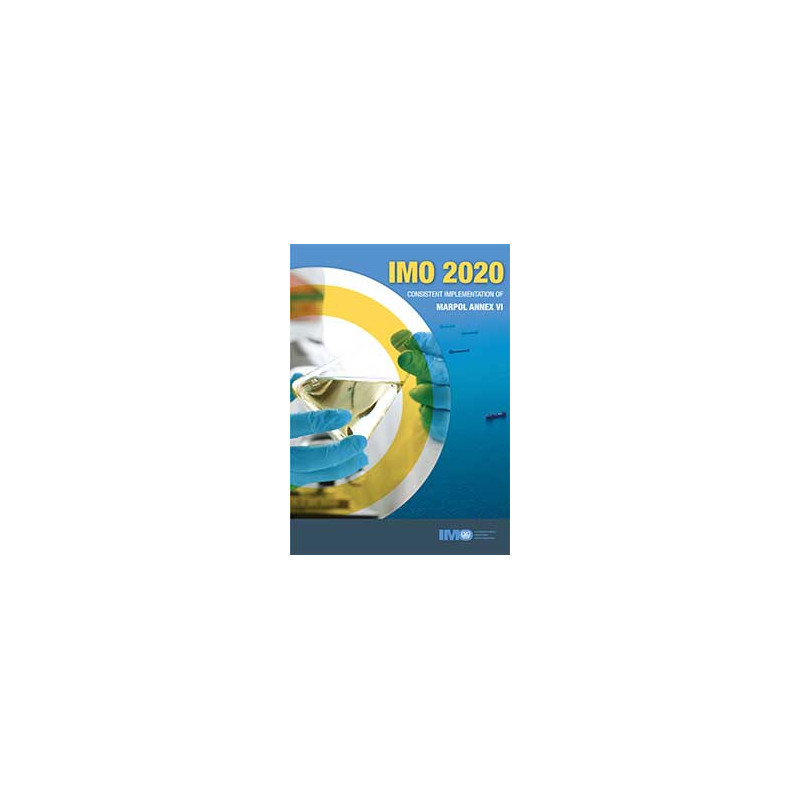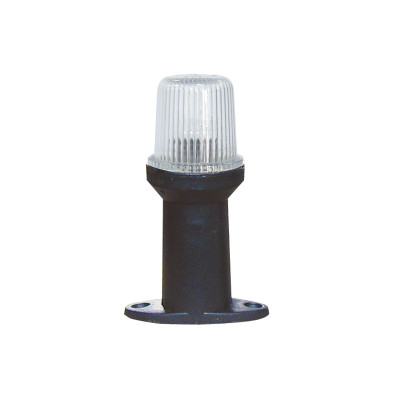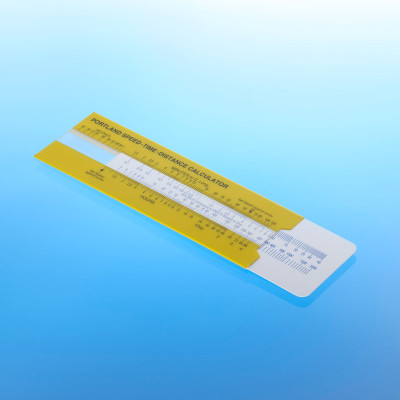Close arrow_back
- menu title
-
Custom Menu
add remove
-
Navigation
add remove
-
menu title
add remove
-
menu title
add remove
-
menu title
add remove
-
menu title
add remove
-
menu title
add remove
- menu title
-
Custom Menu
add remove
- Navigation add remove
-
menu title
add remove
-
menu title
add remove
-
menu title
add remove
-
menu title
add remove
-
menu title
add remove
IMO 2020: Consistent approach to MARPOL Annex VI, 2019 Edycja
In October 2008, the Marine Environment Protection Committee (MEPC) of the International Maritime
Organization (IMO) adopted revisions to the international regulations for the prevention of air pollution
from ships (MARPOL Annex VI). The revised regulations included a requirement that, from 1 January 2020,
the sulphur content of fuel oil used by ships operating outside designated emission control areas shall not
exceed 0.50% by mass, known as “IMO 2020”. Reducing emissions of sulphur oxides will bring significant
global benefits for human health and the environment.
IMO 2020 will have a major impact worldwide. To support its successful implementation by the international
shipping sector, this publication brings together all the instruments and guidance prepared into one document
for easy reference, including IMO resolutions and circulars.
Organization (IMO) adopted revisions to the international regulations for the prevention of air pollution
from ships (MARPOL Annex VI). The revised regulations included a requirement that, from 1 January 2020,
the sulphur content of fuel oil used by ships operating outside designated emission control areas shall not
exceed 0.50% by mass, known as “IMO 2020”. Reducing emissions of sulphur oxides will bring significant
global benefits for human health and the environment.
IMO 2020 will have a major impact worldwide. To support its successful implementation by the international
shipping sector, this publication brings together all the instruments and guidance prepared into one document
for easy reference, including IMO resolutions and circulars.




















 Cookies
Cookies